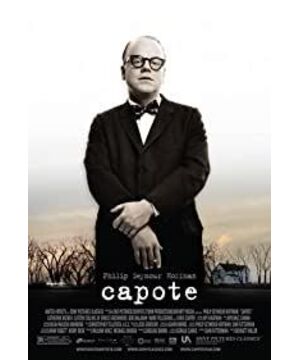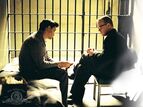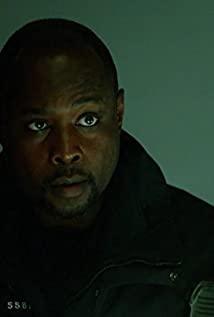- Talking About the Film "Capote"
I was moved to tears several times when I watched the film "Capote". It is the reverence for death, the deploring for the weakness of commitment in the face of reality and law.
The writer, who was born in the rural South of the United States, has experienced many twists and turns in his fate. With a pen, he became a reporter for The New Yorker and then became a well-known writer. Capote told prisoner Perry about his own life, and in order to win the favor of eyewitnesses, he told the terrible and hateful prejudice of the world - this is actually a personal statement, descending to the beginning of his own life, using an equal attitude with himself object communication.
Therefore, this film actually reflects a kind of equality of life. Capote described the difference between himself and the murderer in front of his friend Harper Lee: We were like growing up in the same house, but I walked out the front door and he came out the back. Indicating the same fate, only Harper Lee could see through his feelings for Perry. She said directly: "Are you in love with him?"
Capote himself looked like a gay, sissy from the outside. , his prejudice is also based on the public's impression of him. In fact, he is a marginal figure, and he likes to play the central figure of the kind of bitter satire at parties. His works are full of vitriolic satire, the famous Miss Holly wearing a top hat is actually a doppelganger of Capote himself. He hid his soul in Marilyn Monroe, but in fact, only Audrey Hepburn left this "synthesis" in film history. figure.
Capote uses a form of nonfiction in Cold Blood, that is, to show that he is him, not someone else. Everything he does is himself. And this film revolves around his interviews with major murder suspects and the process of completing the novel. Personally, I believe that he is not only fighting for time for the murderer to survive, but also for more detailed materials for his own creation. For a long time, let the case handling and the novel publishing form a "harmonious" pace, and reach the highest focus of the public's attention together, so that the content of his works will be greatly saturated, and the case review will cause an invisible in the news. 's publicity. Maybe he didn't realize that this was extremely selfish and hypocritical, but that's how the movie behaves, or misleads audiences like me - to say that Capote "loved" Perry was an exaggeration, but he He loves his own reputation and honor, but at the same time, he has the qualities of a professional actor. At first, in order to obtain more material to get in touch with prisoners, then he is as inseparable as an actor in a play, even in a friend's work. 's premiere banquet was also sullen-his sullenness didn't even understand him, he was deeply confused.
To my surprise, he burst into tears in front of Perry, who was about to be executed. Could it be considered a performance? Is it mourning for another self dying? It was Perry's calm attitude in the face of death that moved me. In the face of death, there was no guilt or regret. Compared with Capote's complicated behavior, Perry's treatment of death was sincere and simple. He once even hoped that he could exonerate himself from his sins through Capote's book, and use his human side to win the sympathy of the world - this idea was naive, so when he read Capote's new book in the newspaper, the seats were full. , confronted Capote about the title of the book, and the latter still blindly lied.
Can you hate Capote?
Of course not, no one can intervene in the life of a death row prisoner, and Capote did it out of the urge to write a book, and consistently, such behavior itself is unreasonable. Or, we can only take this film as an example of a novel creation model and experience. Only when we devote ourselves to it can we integrate it into the work, and substitute real moral conscience and personal experience.
Fiction was originally a coexistence of fiction and reality.
View more about Capote reviews









